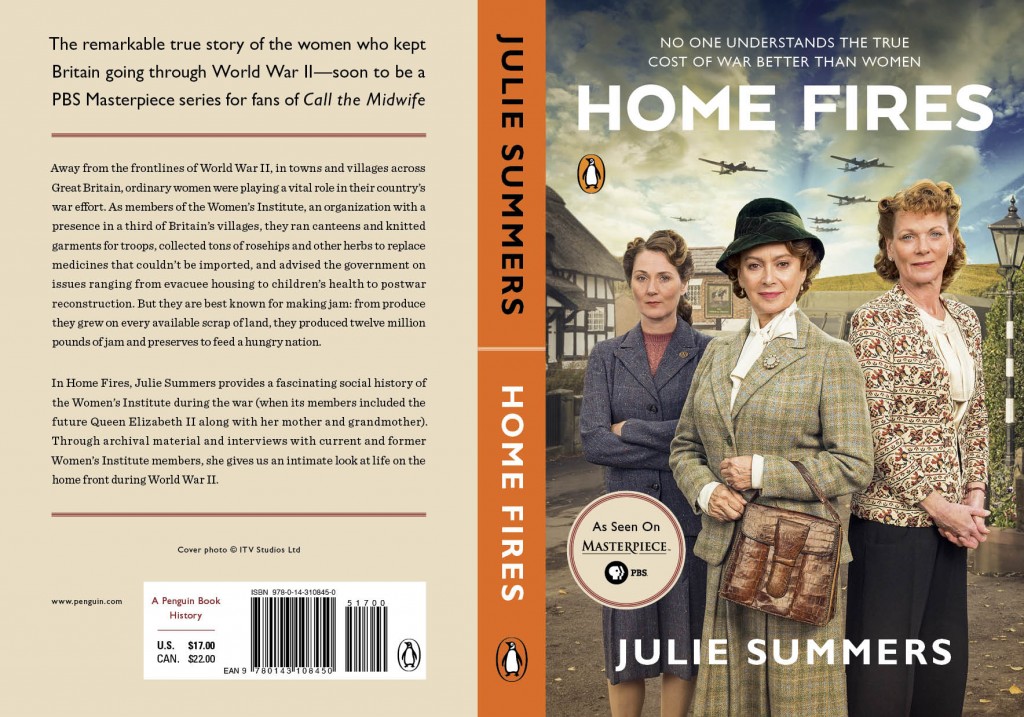As episode 3 opens we find ourselves in mid-July 1940. The view from the USA looks bleak, as described in the New York Times that month. It is oft repeated but bears another repetition as it sums up so beautifully the parlous state of Britain at that moment in history:
The folk, old towns of Britain, the hills and cliffs and shores and meadows, rich with history, the homes and lives of forty-five million people, the great British traditions of human worth and dignity, the folk sayings, the deep wisdom and the long-suffering hopes of a race – these, not being pleasing to Hitler, are condemned…
From our own shores we cannot see the shadow over ancient gardens, over houses hoary with age, over the graves of poets and philosophers, and the tombs of the martyrs. We know only that one of the green and lovely oases of civilisation in the wilderness of man’s time on earth, is foully threatened and that the whole world for evermore will be the poorer if it falls.
The British Channel Islands, close to the French coast, have fallen into German hands. Hitler has told his military to plan for an invasion of the United Kingdom, to be called Operation Sea Lion. In Great Paxford Stanley Farrow firmly believes the operation will succeed. He has increased his determination to safe-guard the farm. With the help of Isobel he lays barbed wire and farm machinery across the fields.

Meantime, Little Stan has other ideas about how to prepare for the Germans. All over the country people were anxious, trying to work out who might be a spy or an enemy, and some ridiculous misunderstandings arose, as we shall see. All foreign nationals were picked up and imprisoned either in jails or in camps on the Isle of Man. Many of the men were later freed, as they were considered no serious threat to the country, and were enlisted in the Pioneer Corps. But for the time-being the atmosphere was febrile.
 The summer of 1940 saw an increase in the number of foods rationed. In March all meat was rationed and in July tea and margarine were added. Tea rationing was particularly unpopular but there were ways to increase the quantities of food available on the ration. Gardens were turned over to vegetable growing and the Women’s Institutes were very active in growing onions and tomatoes for their local country markets. Yet some things were very hard to come by in quantity and this is where people became resourceful and traded illegally. Much has been written about the Black Market, most of it speculative, because few records were kept and although some dealers were caught by the police, many were not. What I have always found more interesting and believable is the Grey Market. That was not even an official title, so vague were the lines that people were prepared to cross. People in the countryside had greater access to fresh food during the war and were happy to exchange honey for home-made lard, or eggs for butter. It was not illegal but some frowned upon it. Mainly, I suspect, if they had nothing to exchange or barter.
The summer of 1940 saw an increase in the number of foods rationed. In March all meat was rationed and in July tea and margarine were added. Tea rationing was particularly unpopular but there were ways to increase the quantities of food available on the ration. Gardens were turned over to vegetable growing and the Women’s Institutes were very active in growing onions and tomatoes for their local country markets. Yet some things were very hard to come by in quantity and this is where people became resourceful and traded illegally. Much has been written about the Black Market, most of it speculative, because few records were kept and although some dealers were caught by the police, many were not. What I have always found more interesting and believable is the Grey Market. That was not even an official title, so vague were the lines that people were prepared to cross. People in the countryside had greater access to fresh food during the war and were happy to exchange honey for home-made lard, or eggs for butter. It was not illegal but some frowned upon it. Mainly, I suspect, if they had nothing to exchange or barter.
In Home Fires I wrote about a WI member called Sibyl Norcott whose father, Mr Shacklady, sailed very close to the wind. He had added pigs to the farm for the duration of the war.  This way the family could have meat and lard from the pigs, cream and butter from the cows, eggs from hens and ducks, flesh from turkeys, vegetables from the garden and fruit from the orchard. Sybil’s father once swapped a ham for a hundredweight bag of sugar and both parties were delighted. She quickly made the point that Mr Shacklady did not keep all the sugar for himself but distributed it among the neighbours in their Cheshire hamlet. He then bought Sibyl a canning machine so that she could make a few bob on the side helping WIs and other local farmers’ wives to can their vegetables, beans and fruit for the winter. It was a good little business for both of them.
This way the family could have meat and lard from the pigs, cream and butter from the cows, eggs from hens and ducks, flesh from turkeys, vegetables from the garden and fruit from the orchard. Sybil’s father once swapped a ham for a hundredweight bag of sugar and both parties were delighted. She quickly made the point that Mr Shacklady did not keep all the sugar for himself but distributed it among the neighbours in their Cheshire hamlet. He then bought Sibyl a canning machine so that she could make a few bob on the side helping WIs and other local farmers’ wives to can their vegetables, beans and fruit for the winter. It was a good little business for both of them.
People in official positions, such as the butcher in Home Fires, had to be scrupulous with their returns. The paperwork was a headache with forms to be filled in six copies and submitted to the local Food Office along with the surrendered food coupons.

© ITV
Although Bryn Brindsley is, I am sure, above suspicion, a lady I know of discovered that her greengrocer would sell ‘special’ potatoes to certain customers. One day she got up the courage to ask him if she could have two pounds of his ‘special’ potatoes (these were not rationed) and when she got home she was delighted to discover she had one pound of potatoes and a one pound ingot of sugar.
With so much bureaucracy there was plenty of opportunity to exploit the systems that the government put in place but in reality people understood that rationing had been introduced so everyone had fair shares and in terms of overall percentage it was a drop in the ocean in comparison with the food bought and sold on the ration. But the grey market persisted in the countryside and the impact it had on the economy will probably never be known. However, a dozen fresh eggs or a pat of fresh butter was always a welcome addition to the larder.
Meanwhile, the war has begun to take a serious turn and the final quarter of episode 3 is tense and dramatic. The juxtaposition of everyday concerns with situations that could spell life or death is where Simon Block’s drama sparkles. Enjoy Sunday evening!



